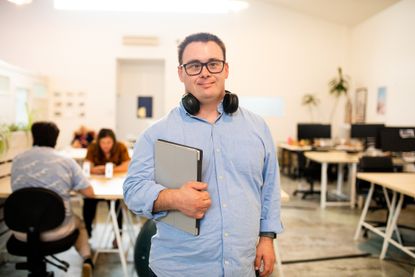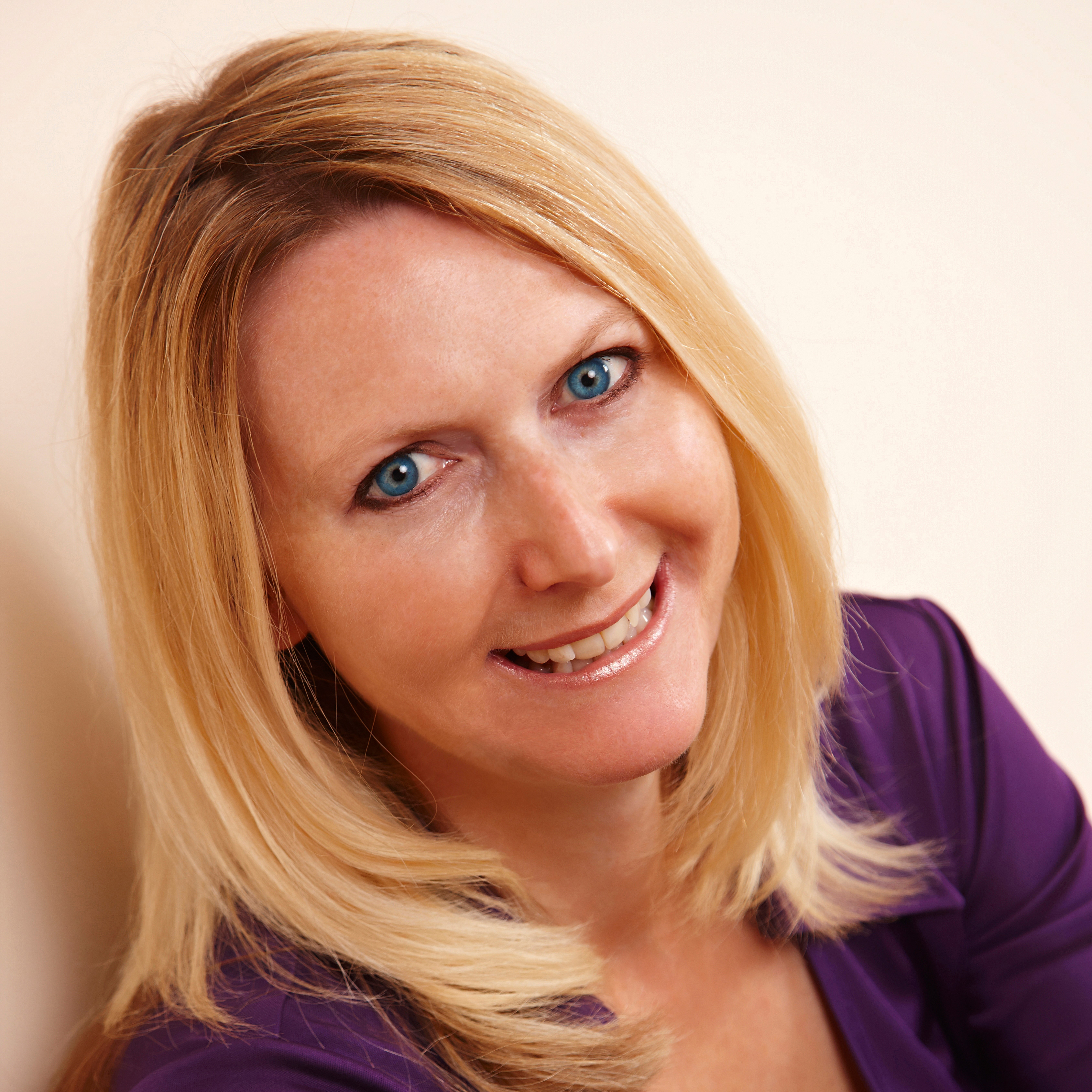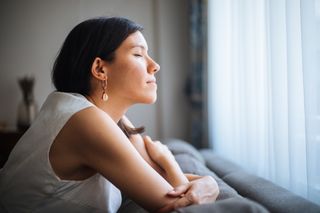The £150 disability cost of living payment: who will get it and when?
Six million disabled people will get a second £150 cost of living payment in 2023. Here's what you need to know


Six million people with a disability will receive a second £150 cost of living payment in 2023. The support was announced in the Autumn Statement by Chancellor Jeremy Hunt.
It comes after the first £150 disability payment in September, which was considered a one-off, tax-free sum for those who claim, or are in the process of claiming, certain disability benefits.
It's expected the new payment will work similarly to the first one but we'll update this article as soon as we know more.
Disability equality charity Scope said the payment to support disabled people will not go far enough due to soaring inflation and energy prices.
James Taylor, Director of Strategy at disability equality charity Scope, said the charity has seen a 670% increase in referrals to its Disability Energy Support service to help disabled people who are struggling financially. “Imagine having to choose between staying warm, feeding your family, or powering essential medical equipment,” he said.
Meanwhile, there will also be another £300 for pensioners and £900 for households on means-tested benefits next year.
Here we explain who got the first £150 disability payment, when and how, to give some indication of how the second £150 disability payment will work.
Look After My Bills Newsletter
Get the best money-saving tips, tricks and deals sent straight to your inbox every week. Make sense of your money in partnership with The Money Edit.
Who will get the £150 disability payment?
You are likely to get the second £150 disability payment if you receive certain disability benefits, or were in the process of making a successful claim as of 25th May 2022. This was the case for the first £150 disability payment.
The benefits you need to be claiming or applying for are:
- Disability Living Allowance for adults
- Disability Living Allowance for children
- Personal Independence Payment
- Attendance Allowance
- Constant Attendance Allowance
- Scottish Disability Benefits (known as Adult Disability Payment and Child Disability Payment)
- Armed Forces Independence Payment
- War Pension Mobility Supplement
You must have received a payment of one of these qualifying benefits for May 25, 2022 to get the payment.
If you are someone who gets a disability benefit from the Ministry of Defence (MOD) and a disability benefit from the DWP, you will get the £150 Disability Cost of Living Payment from DWP only.
The £150 disability payment is tax-free, and won’t count towards the benefits cap or affect any existing benefits you currently claim.

Who won’t qualify for the £150 disability benefit?
The first £150 payment was paid to those claiming certain disability benefits, or with claims in, on 25 May.
It meant that if you had applied for disability benefits beyond this date, or your earlier application had been turned down, you didn't get the extra money.
The £150 disability payment didn’t apply to carers. However, if carers are on means-tested benefits, they will have received the £650 payment for low income households, and will be in line to receive the new £900 payment.
How will I get the £150 payment?
The first £150 disability payment was made from 20 September.
If you were eligible for it, you didn’t have to do anything. There was no need to apply for it as payments were made automatically and paid directly to the account that your benefits get paid into.

Sue Hayward is a personal finance and consumer journalist, broadcaster and author who regularly chats on TV and Radio on ways to get more power for your pound. Sue’s written for a wide range of publications including the Guardian, i Paper, Good Housekeeping, Lovemoney and My Weekly. Cats, cheese and travel are Sue’s passions away from her desk!
-
 Three energy firms pay £8m in switching compensation - has your provider paid out?
Three energy firms pay £8m in switching compensation - has your provider paid out?More than 100,000 customers have received compensation after changing providers, but is now a good time to switch energy suppliers?
By Tom Higgins Published
-
 Save £300 on your supermarket shop with cashback accounts
Save £300 on your supermarket shop with cashback accountsBanks, credit card companies and cashback sites are all offering cashback on your supermarket shop, but can you use them all to max out your savings?
By Vaishali Varu Published
-
 Save on petrol: how to save 5p off a litre of fuel at Morrisons
Save on petrol: how to save 5p off a litre of fuel at MorrisonsPetrol prices may have been falling since last summer but every penny counts at the pump. Here’s how to save 5p a litre at Morrisons for a limited time
By Sue Hayward Published
-
 Morrisons relaunches discount scheme with cheaper prices for loyal shoppers
Morrisons relaunches discount scheme with cheaper prices for loyal shoppersMorrisons is the latest supermarket to revamp prices and offers for its loyalty scheme members
By John Fitzsimons Published
-
 Coronation freebies and discounts: what’s up for grabs
Coronation freebies and discounts: what’s up for grabsFrom free railcards and holiday giveaways to discounts off food, we highlight the special offers launched to mark the coronation of King Charles III
By Ruth Emery Last updated
-
 8 ways to get interest-free money if you’re struggling
8 ways to get interest-free money if you’re strugglingHere are 8 clever ways to get interest-free income if you’re struggling with the rising cost of living
By Vaishali Varu Last updated
-
 Best birthday freebies and discounts
Best birthday freebies and discountsEnjoy your special day with these birthday discounts and freebies - we highlight 22 of the best offers
By Vaishali Varu Published
-
 Festival ticket scam warnings – how to protect yourself
Festival ticket scam warnings – how to protect yourselfConcert ticket scams have rocketed by more than 500% over the past year, while festival fraud has more than doubled. Here’s how to keep yourself safe ahead of the festival season.
By Tom Higgins Published
-
 Co-op Member Prices: Supermarket unveils discount scheme for loyal shoppers
Co-op Member Prices: Supermarket unveils discount scheme for loyal shoppersNew Co-op scheme means reduced prices for shoppers who join the co-operative. How much does it cost to join, and how does it compare to similar schemes run by Sainsbury’s and Tesco?
By John Fitzsimons Published
-
 Emergency alert test: what to expect and how to avoid being scammed
Emergency alert test: what to expect and how to avoid being scammedWe tell you everything you need to know about the UK’s first emergency alert test, which takes place this Sunday
By Vaishali Varu Published